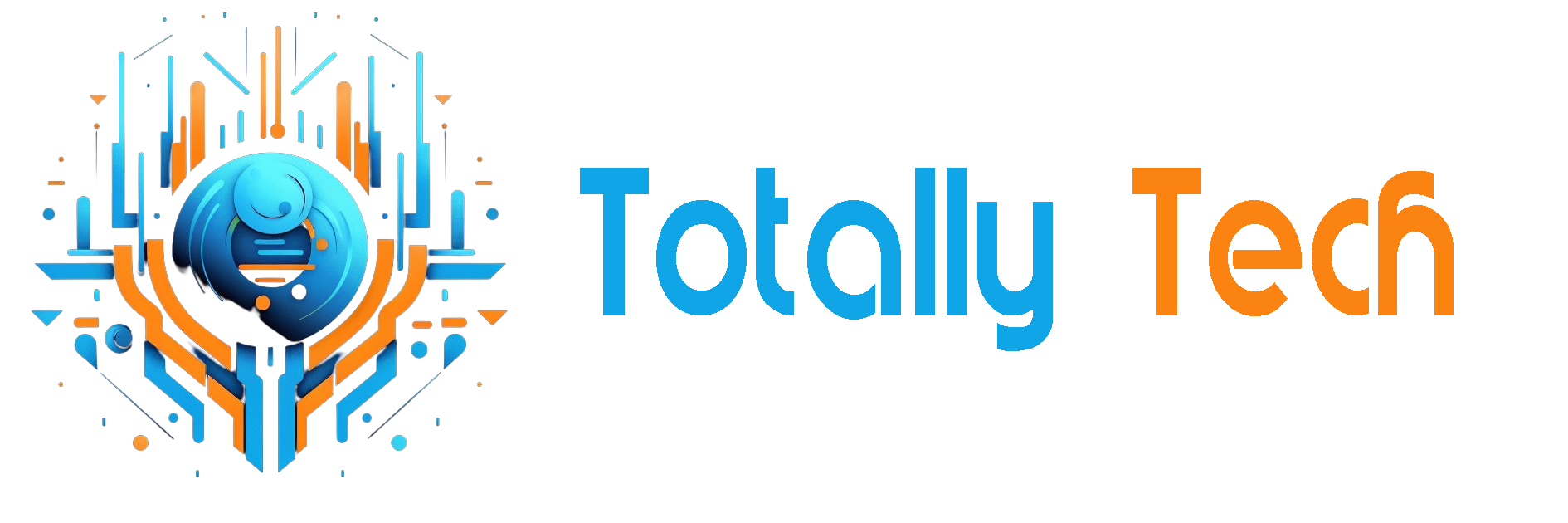
Ubitium, a semiconductor startup, has unveiled a groundbreaking universal processor that promises to redefine how computing workloads are managed. This innovative chip consolidates processing capabilities into a single, efficient unit, eliminating the need for specialized processors such as CPUs, GPUs, DSPs, and FPGAs. By breaking away from traditional processing architectures, Ubitium is set to simplify computing, slash costs, and enable advanced AI at no additional expense.
The company has secured $3.7 million in seed funding to accelerate the development of this revolutionary technology. Investors Runa Capital, Inflection, and KBC Focus Fund are backing Ubitium’s vision to disrupt the $500 billion processor market and introduce a truly universal processor that makes computing accessible and efficient across industries.
Revolutionizing a $700 Billion Industry
The global semiconductor market, already valued at $574 billion in 2022, is projected to exceed $700 billion by 2025, fueled by increasing demand for AI, IoT, and edge computing solutions. However, traditional processing architectures have struggled to keep up with evolving demands, often relying on specialized chips that inflate costs and complicate system integration.
Ubitium addresses these challenges with its workload-agnostic universal processor, which uses the same transistors for multiple tasks, maximizing efficiency and minimizing waste. This approach not only reduces the size and cost of processors but also simplifies system architecture, making advanced AI capabilities viable even in cost-sensitive industries like consumer electronics and smart farming.
A RISC-V Revolution
The foundation of Ubitium’s processor is the open RISC-V instruction set architecture (ISA). Unlike proprietary ISAs, RISC-V fosters innovation by allowing companies to build on an open standard. Ubitium leverages this flexibility to ensure its processors are compatible with existing software ecosystems, removing one of the biggest barriers to adoption for new computing platforms.
Ubitium’s processors require no proprietary toolchains or specialized software, making them accessible to a wide range of developers. This not only accelerates development cycles but also reduces costs for businesses deploying AI and advanced computing solutions.
An Experienced Team Driving Change
Ubitium’s leadership team brings together decades of experience in semiconductor innovation and business strategy. CTO Martin Vorbach, who holds over 200 semiconductor patents, spent 15 years developing the technology behind Ubitium’s universal processor. His expertise in reconfigurable computing and workload-agnostic architectures has been instrumental in creating a processor that can adapt to any task without the need for multiple specialized cores.
CEO Hyun Shin Cho, an alumnus of the Karlsruhe Institute of Technology, has over 20 years of experience across industrial sectors. His strategic leadership has been key in assembling a world-class team and securing the necessary funding to bring this transformative technology to market.
Chairman Peter Weber, with a career spanning Intel, Texas Instruments, and Dialog Semiconductor, brings extensive industry expertise to guide Ubitium’s mission of democratizing high-performance computing.
Investor Confidence in Ubitium
The $3.7 million seed funding round reflects strong investor confidence in Ubitium’s disruptive potential. Dmitry Galperin, General Partner at Runa Capital, emphasized the adaptability of Ubitium’s processor, which can handle workloads ranging from simple control tasks to massive parallel data flow processing.
Rudi Severijns of KBC Focus Fund highlighted the reduced complexity and faster time-to-market enabled by Ubitium’s architecture, describing it as a game-changer for hardware and software integration. Jonatan Luther-Bergquist of Inflection called Ubitium’s approach a “contrarian bet” on generalized compute capacity in a landscape dominated by chip specialization.
Addressing Key Market Challenges
One of the major barriers to deploying advanced computing solutions is the high cost and complexity of specialized hardware. Ubitium’s universal processor removes this hurdle by offering a single-chip solution that is adaptable to any computing task. This is especially critical for industries where cost sensitivity and rapid deployment are paramount.
For example, in the automotive sector, where AI-powered systems like autonomous driving and advanced driver-assistance systems (ADAS) are becoming standard, Ubitium’s processors can streamline development and reduce costs. Similarly, in industrial automation and robotics, the universal processor simplifies system architectures, enabling faster deployment of intelligent machines.
Applications Across Industries
Ubitium’s universal processor is designed for scalability, making it suitable for a wide range of applications:
- Consumer Electronics: Enables smarter, more cost-effective devices with enhanced AI capabilities.
- IoT and Smart Farming: Provides real-time intelligence for connected devices, optimizing resource use and increasing efficiency.
- Robotics and Industrial Automation: Simplifies the deployment of intelligent machines, reducing time-to-market for robotics solutions.
- Space and Defense: Delivers high-performance computing in challenging environments where reliability and adaptability are critical.
Future Roadmap
Ubitium is not stopping with a single chip. The company plans to develop a portfolio of processors that vary in size and performance while sharing the same architecture and software stack. This approach allows customers to scale their applications without changing development processes, ensuring seamless integration across devices of all sizes.
The ultimate goal is to establish Ubitium’s universal processor as the standard platform for computing, breaking down the barriers of cost and complexity that have historically limited the adoption of AI and advanced computing technologies.
Transforming Human-Machine Interaction
Ubitium envisions a future where machines interact naturally with humans and each other, making intelligent decisions in real time. The flexibility of its processors enables the deployment of advanced AI algorithms, such as object detection, natural language processing, and generative AI, across industries.
This shift not only transforms the way we interact with technology but also democratizes access to high-performance computing, enabling innovation at all levels.
The post Ubitium Secures $3.7M to Revolutionize Computing with Universal RISC-V Processor appeared first on Unite.AI.


